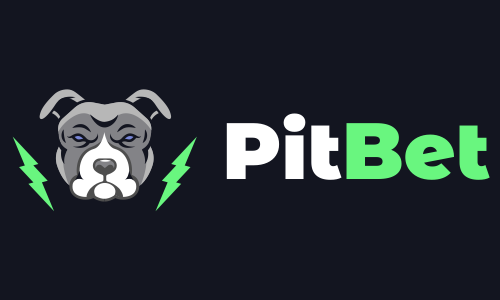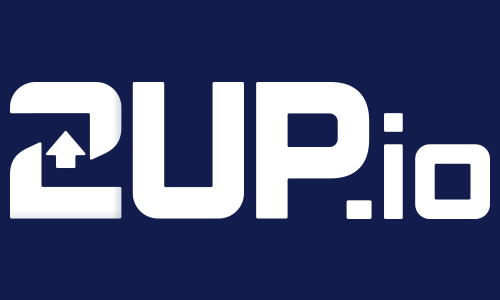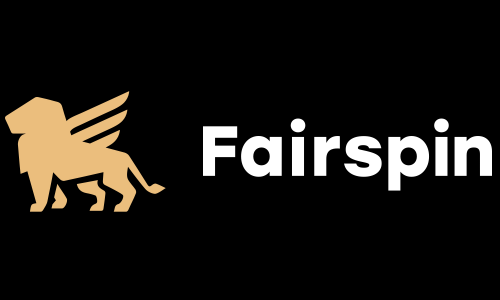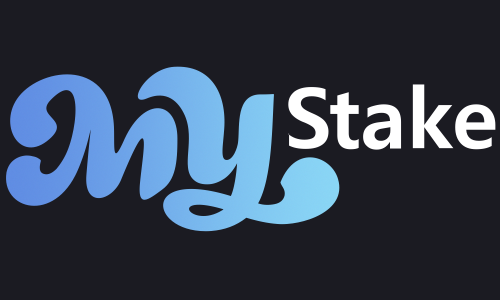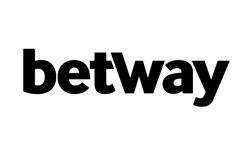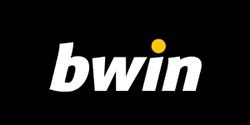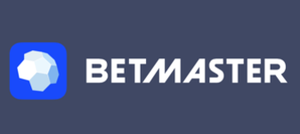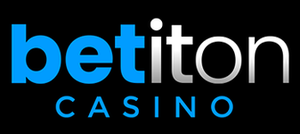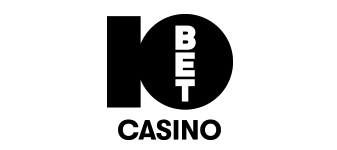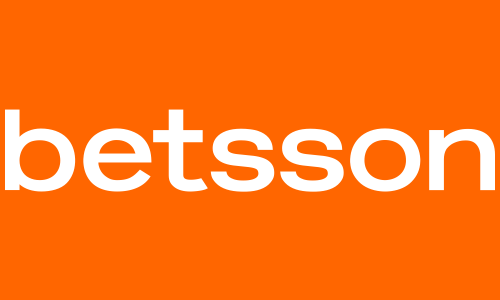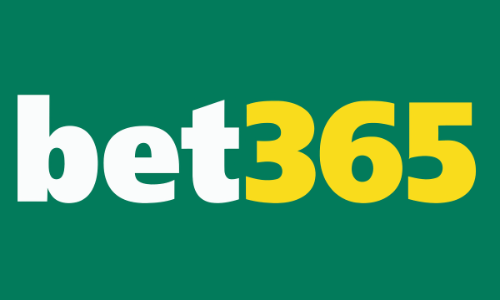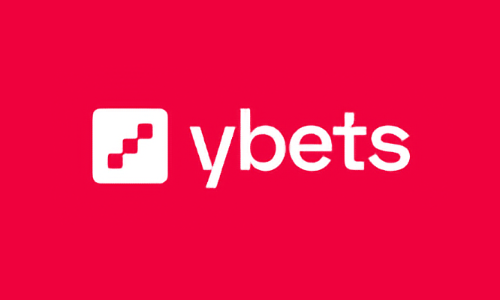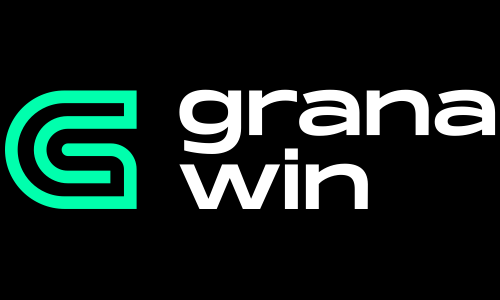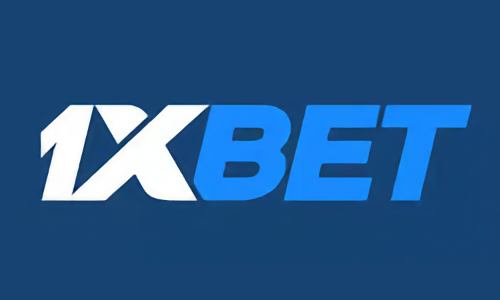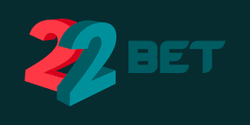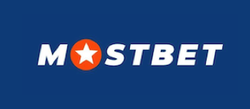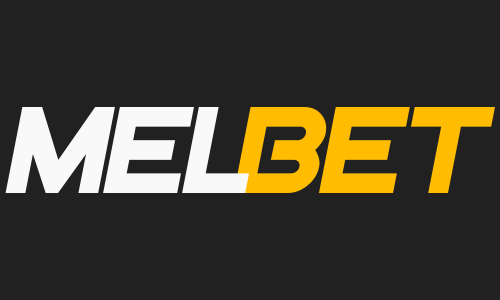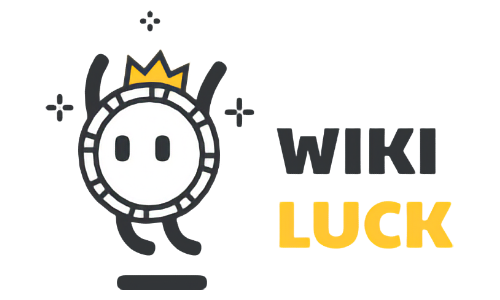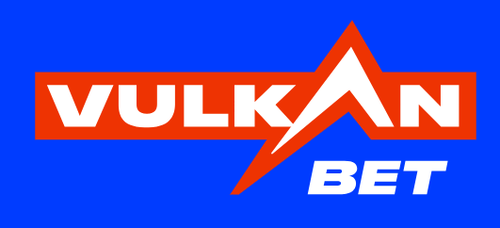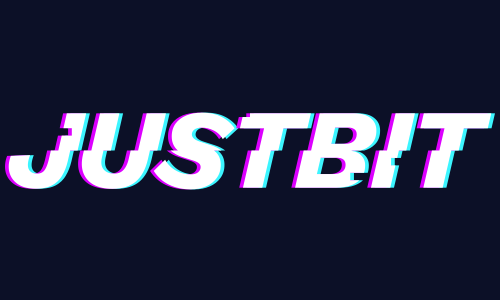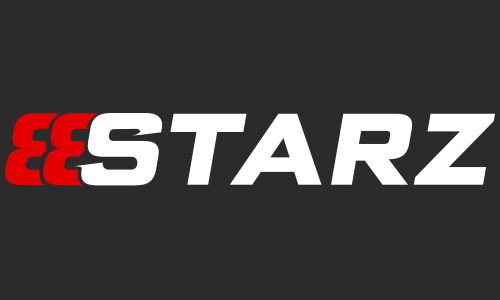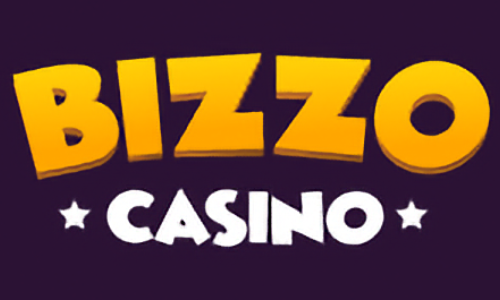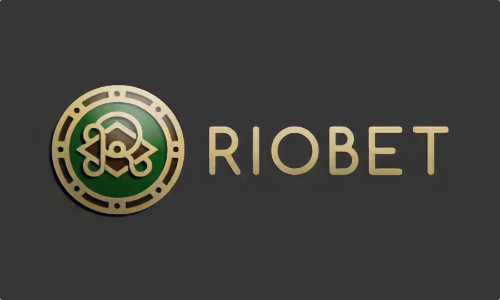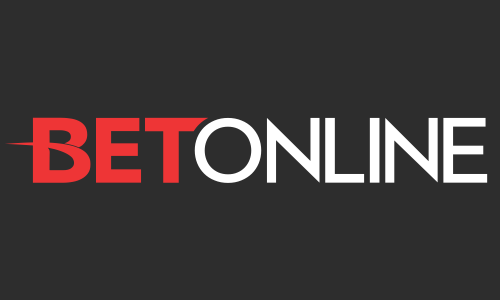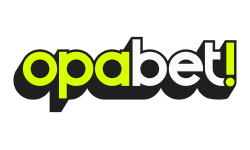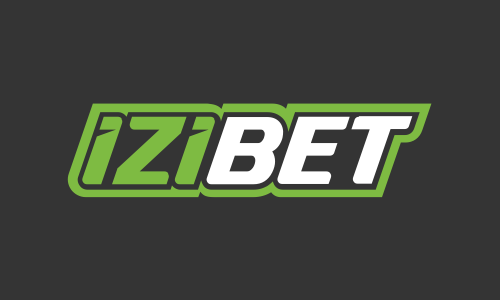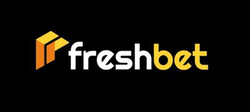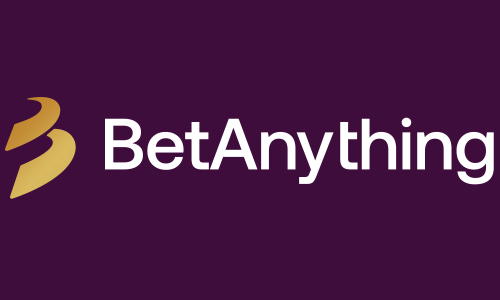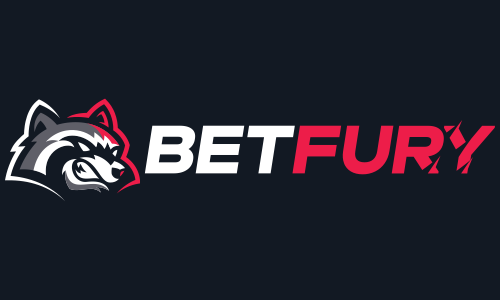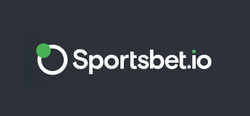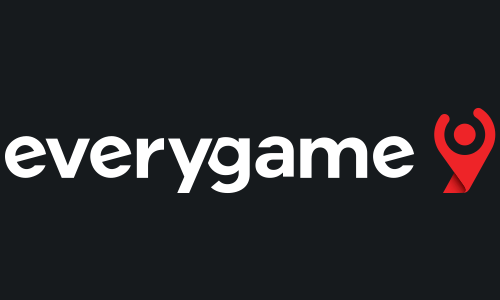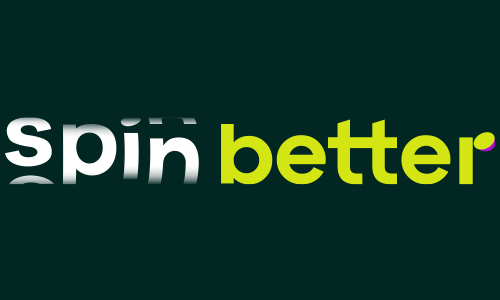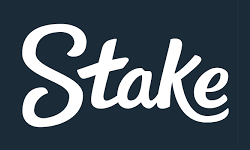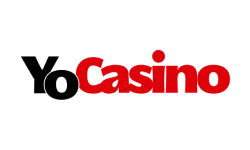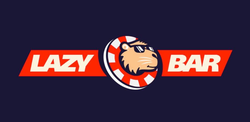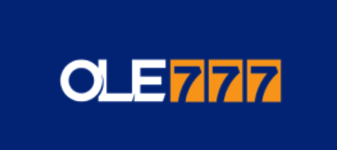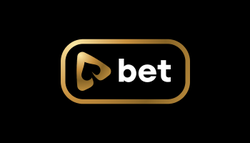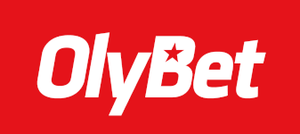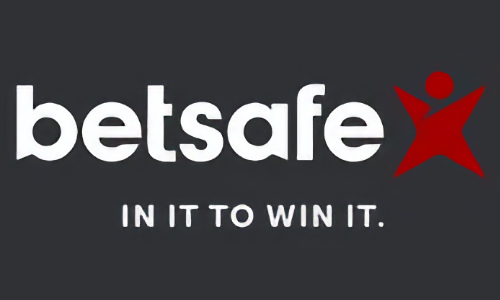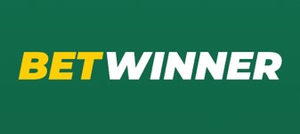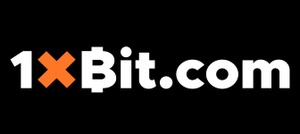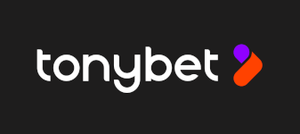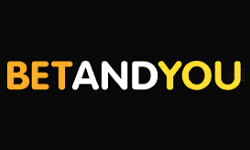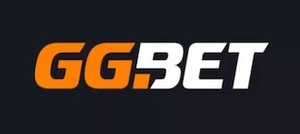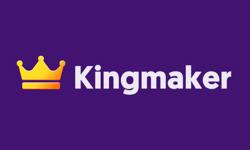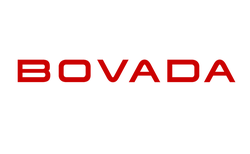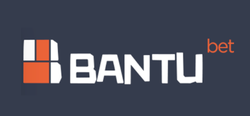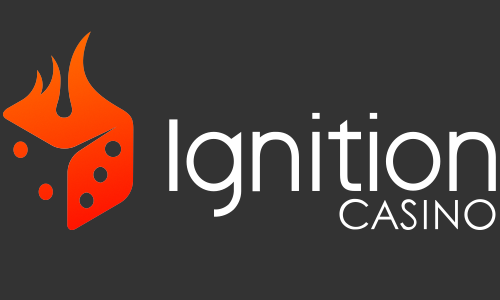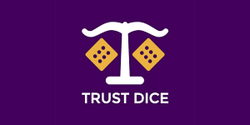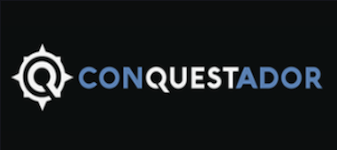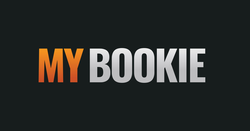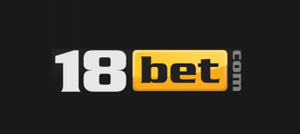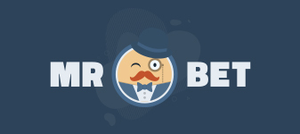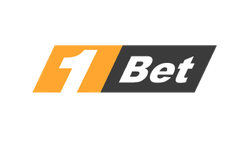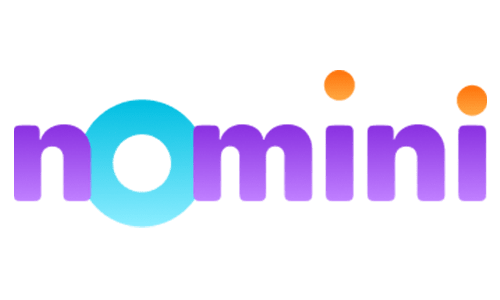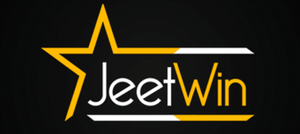Betting sites
accepting players from
585
betting sites were found
Filters
Clear
Casinos accepting players from
Casinos by Game Provider
()
+ more
Show less
()
Nothing found
Casinos by License
+ more
Show less
Casinos by Payment Method
()
+ more
Show less
()
Nothing found
Casinos by Language
()
+ more
Show less
View mode
Count per page
585
betting sites were found
Clear
Casino Name
ꜜ
ꜛ
Rating
ꜜ
ꜛ
Rating is our overall score based on traffic, trust, site age, and game selection — the higher, the better.
Licences
Monthly Traffic
ꜜ
ꜛ
Monthly website visits based on estimated traffic data.
GS Rank
ꜜ
ꜛ
What is GS Rank?
GS Rank is a global popularity score that ranks online casinos based on real-world traffic. The lower the GS Rank, the higher the casino’s popularity.
Visit
ꜜ
2
80
Accepts players from
 United Kingdom
United Kingdom
Game Providers: 45
2up.io
42.8k
3
76
Accepts players from
 United Kingdom
United Kingdom
Game Providers: 75
fairspin.io
133.7k
4
70
Accepts players from
 United Kingdom
United Kingdom
Game Providers: 111
mystake.bet
1.6M
5
50
Accepts players from
 United Kingdom
United Kingdom
Game Providers: 165
www.mrvegas.com
1.2M
6
44
Accepts players from
 United Kingdom
United Kingdom
Game Providers: 51
betway.com
4.6M
7
42
Accepts players from
 United Kingdom
United Kingdom
Game Providers: 27
bwin.com
1.4M
8
33
Accepts players from
 United Kingdom
United Kingdom
Game Providers: 28
www.betmaster.bet
8.8k
9
25
Accepts players from
 United Kingdom
United Kingdom
Game Providers: 9
betiton.com
95.4k
10
22
Accepts players from
 United Kingdom
United Kingdom
Game Providers: 11
10bet.com
82.9k
11
19
Accepts players from
 United Kingdom
United Kingdom
Game Providers: 16
www.betsson.com
3.1M
12
15
Accepts players from
 United Kingdom
United Kingdom
Game Providers: 38
bet365.com
45.9M
Visit Site
Gambling can be addictive, please play responsibly. gambleaware.org
13
89
Does not accept players from
 United Kingdom
United Kingdom
Game Providers: 83
ybets.net
38.3k
14
Fresh Casino
80
Does not accept players from
 United Kingdom
United Kingdom
Game Providers: 87
granawin.com
13.9k
15
80
Does not accept players from
 United Kingdom
United Kingdom
Game Providers: 49
1xbet.com
6.9M
16
80
Does not accept players from
 United Kingdom
United Kingdom
Game Providers: 162
22bet.com
972.5k
17
80
Does not accept players from
 United Kingdom
United Kingdom
Game Providers: 85
www.mostbet.com
228.4k
18
80
Does not accept players from
 United Kingdom
United Kingdom
Game Providers: 99
melbet.com
4.6M
20
70
Does not accept players from
 United Kingdom
United Kingdom
Game Providers: 121
1win.com
844.9k
21
70
Does not accept players from
 United Kingdom
United Kingdom
Game Providers: 79
gizbo.casino
26.9k
22
70
Does not accept players from
 United Kingdom
United Kingdom
Game Providers: 81
vulkan.bet
9.7k
23
65
Does not accept players from
 United Kingdom
United Kingdom
Game Providers: 251
megapari.com
256.8k
24
65
Does not accept players from
 United Kingdom
United Kingdom
Game Providers: 26
justbit.io
10k
25
Fresh Casino
65
Does not accept players from
 United Kingdom
United Kingdom
Game Providers: 113
dicebet.com
4.8k
26
60
Does not accept players from
 United Kingdom
United Kingdom
Game Providers: 23
888starz.bet
176k
27
60
Does not accept players from
 United Kingdom
United Kingdom
Game Providers: 0
bizzocasino.com
91.1k
28
60
Does not accept players from
 United Kingdom
United Kingdom
Game Providers: 20
www.riobet.com
31.5k
29
55
Does not accept players from
 United Kingdom
United Kingdom
Game Providers: 4
www.betonline.ag
38.5M
30
55
Does not accept players from
 United Kingdom
United Kingdom
Game Providers: 54
opabet.com
2.5k
31
53
Does not accept players from
 United Kingdom
United Kingdom
Game Providers: 49
izibet.com
5.9k
32
Fresh Casino
51
Does not accept players from
 United Kingdom
United Kingdom
Game Providers: 48
monoplay.com
128
33
50
Does not accept players from
 United Kingdom
United Kingdom
Game Providers: 29
gamdom.com
7.4M
34
50
Does not accept players from
 United Kingdom
United Kingdom
Game Providers: 2
betus.com.pa
10.4M
35
50
Does not accept players from
 United Kingdom
United Kingdom
Game Providers: 47
freshbet.com
119.6k
36
50
Does not accept players from
 United Kingdom
United Kingdom
Game Providers: 1
www.xbet.ag
300.7k
37
50
Does not accept players from
 United Kingdom
United Kingdom
Game Providers: 89
jackbit.com
208.2k
38
50
Does not accept players from
 United Kingdom
United Kingdom
Game Providers: 71
paripesa.com
173.3k
39
50
Does not accept players from
 United Kingdom
United Kingdom
Game Providers: 9
betanything.eu
2.1M
40
50
Does not accept players from
 United Kingdom
United Kingdom
Game Providers: 7
betfury.io
639.9k
41
50
Does not accept players from
 United Kingdom
United Kingdom
Game Providers: 41
sportsbet.io
688.5k
42
50
Does not accept players from
 United Kingdom
United Kingdom
Game Providers: 1
everygame.eu
367.1k
43
50
Does not accept players from
 United Kingdom
United Kingdom
Game Providers: 104
spinbetter.com
177.9k
44
50
Does not accept players from
 United Kingdom
United Kingdom
Game Providers: 29
stake.com
71.5M
45
50
Does not accept players from
 United Kingdom
United Kingdom
Game Providers: 0
www.30bet.com
85.4k
46
50
Does not accept players from
 United Kingdom
United Kingdom
Game Providers: 3
www.tigergaming.com
15.6k
47
Fresh Casino
50
Does not accept players from
 United Kingdom
United Kingdom
Game Providers: 109
revolutioncasino.com
6.6k
50
44
Does not accept players from
 United Kingdom
United Kingdom
Game Providers: 0
www.bodog.eu
1.4M
51
44
Does not accept players from
 United Kingdom
United Kingdom
Game Providers: 10
www.yocasino.es
146.6k
52
44
Does not accept players from
 United Kingdom
United Kingdom
Game Providers: 10
stonevegas3.com
24k
54
43
Does not accept players from
 United Kingdom
United Kingdom
Game Providers: 1
ole7.io
18.4k
55
43
Does not accept players from
 United Kingdom
United Kingdom
Game Providers: 65
www.playbet.io
27.3k
56
42
Does not accept players from
 United Kingdom
United Kingdom
Game Providers: 0
www.sportsbetting.ag
6.3M
57
42
Does not accept players from
 United Kingdom
United Kingdom
Game Providers: 10
olybet.eu
66.2k
58
42
Does not accept players from
 United Kingdom
United Kingdom
Game Providers: 65
www.tuskcasino.com
7.2k
59
42
Does not accept players from
 United Kingdom
United Kingdom
Game Providers: 28
nordscasino.com
399
60
41
Does not accept players from
 United Kingdom
United Kingdom
Game Providers: 0
www.betsafe.com
185.3k
61
41
Does not accept players from
 United Kingdom
United Kingdom
Game Providers: 39
slottica.com
63.5k
62
41
Does not accept players from
 United Kingdom
United Kingdom
Game Providers: 30
wintomato.com
54.1k
63
41
Does not accept players from
 United Kingdom
United Kingdom
Game Providers: 65
dream.bet
14.6k
64
40
Does not accept players from
 United Kingdom
United Kingdom
Game Providers: 14
klondaika.lv
168.3k
65
40
Does not accept players from
 United Kingdom
United Kingdom
Game Providers: 17
betwinner.com
744.3k
66
Fresh Casino
40
Does not accept players from
 United Kingdom
United Kingdom
Game Providers: 53
1xbit.com
75.4k
67
39
Does not accept players from
 United Kingdom
United Kingdom
Game Providers: 4
www.fatpirate.com
77.6k
68
39
Does not accept players from
 United Kingdom
United Kingdom
Game Providers: 27
betnflix.com
499
69
38
Does not accept players from
 United Kingdom
United Kingdom
Game Providers: 16
sven-play.com
284
70
37
Does not accept players from
 United Kingdom
United Kingdom
Game Providers: 35
coins.game
271.3k
71
36
Does not accept players from
 United Kingdom
United Kingdom
Game Providers: 15
tonybet.com
2.5M
72
Fresh Casino
35
Does not accept players from
 United Kingdom
United Kingdom
Game Providers: 104
velobet.com
1.4M
73
35
Does not accept players from
 United Kingdom
United Kingdom
Game Providers: 74
rolletto.com
210.7k
74
Fresh Casino
35
Does not accept players from
 United Kingdom
United Kingdom
Game Providers: 56
sirwin.com
433.1k
75
35
Does not accept players from
 United Kingdom
United Kingdom
Game Providers: 113
betandyou.com
151.7k
76
34
Does not accept players from
 United Kingdom
United Kingdom
Game Providers: 9
gg.bet
1.3M
77
Fresh Casino
34
Does not accept players from
 United Kingdom
United Kingdom
Game Providers: 108
kingmaker.com
71.5k
78
34
Does not accept players from
 United Kingdom
United Kingdom
Game Providers: 55
sportuna.com
33.4k
79
33
Does not accept players from
 United Kingdom
United Kingdom
Game Providers: 4
www.bovada.lv
30.3M
80
32
Does not accept players from
 United Kingdom
United Kingdom
Game Providers: 60
rocketplay.com
145.5k
81
32
Does not accept players from
 United Kingdom
United Kingdom
Game Providers: 56
bantubet.co.ao
400.8k
82
31
Does not accept players from
 United Kingdom
United Kingdom
Game Providers: 1
cashpoint.com
137
83
31
Does not accept players from
 United Kingdom
United Kingdom
Game Providers: 4
www.ignitioncasino.eu
4.8M
84
31
Does not accept players from
 United Kingdom
United Kingdom
Game Providers: 24
trustdice.win
774.2k
85
31
Does not accept players from
 United Kingdom
United Kingdom
Game Providers: 28
conquestador.com
42.2k
86
31
Does not accept players from
 United Kingdom
United Kingdom
Game Providers: 74
casinova.com
4.1k
87
30
Does not accept players from
 United Kingdom
United Kingdom
Game Providers: 35
www.mybookie.ag
16.3M
88
30
Does not accept players from
 United Kingdom
United Kingdom
Game Providers: 6
www.mozzart.com
128.8k
89
30
Does not accept players from
 United Kingdom
United Kingdom
Game Providers: 8
purebets.com
2.4k
90
30
Does not accept players from
 United Kingdom
United Kingdom
Game Providers: 101
www.bettogoal.com
515
91
30
Does not accept players from
 United Kingdom
United Kingdom
Game Providers: 54
18bet.com
23.3k
93
29
Does not accept players from
 United Kingdom
United Kingdom
Game Providers: 15
mr.bet
391.5k
94
Fresh Casino
29
Does not accept players from
 United Kingdom
United Kingdom
Game Providers: 49
tikitaka.com
56.4k
95
28
Does not accept players from
 United Kingdom
United Kingdom
Game Providers: 12
1bet.com
337.5k
96
28
Does not accept players from
 United Kingdom
United Kingdom
Game Providers: 55
betinia.com
165.8k
97
28
Does not accept players from
 United Kingdom
United Kingdom
Game Providers: 29
nomini.com
18.9k
98
27
Does not accept players from
 United Kingdom
United Kingdom
Game Providers: 23
www.jeetwin.pro
56.3k
99
27
Does not accept players from
 United Kingdom
United Kingdom
Game Providers: 52
thunderpick.com
432
100
27
Does not accept players from
 United Kingdom
United Kingdom
Game Providers: 9
www.jiliko.ms
86
No casinos match your search.
100 / 585
17%
Gamblescope simplifies your search for trusted online betting sites. Our thorough research and rankings ensure you find the top options in your country. We consider factors like odds, bonuses, customer service, and legality. With filtered search, geo-location filtering, and up-to-date information, we provide a seamless betting experience.
